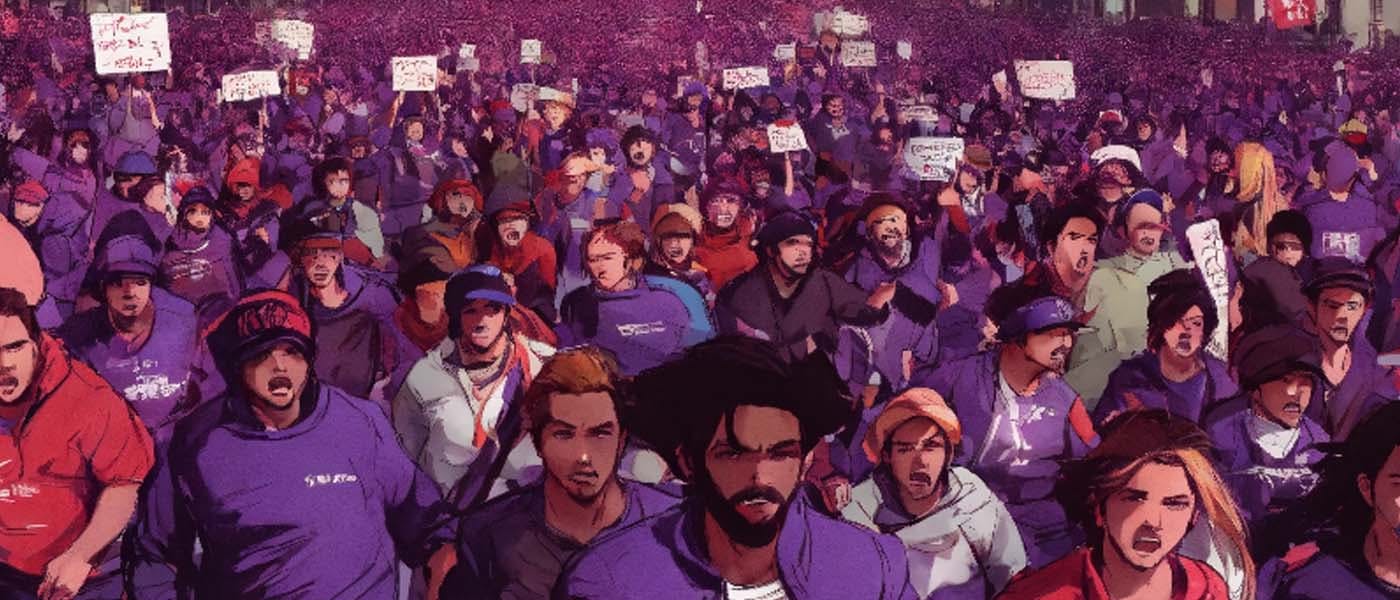525 reads
Breaking Rules: Autonomy in Tech, Art and Activism
by
March 11th, 2024
Audio Presented by

I write about interpretation risk, narrative debt and how capability gets trusted, adopted and priced in AI.
Story's Credibility



About Author
I write about interpretation risk, narrative debt and how capability gets trusted, adopted and priced in AI.
Comments
TOPICS
Related Stories
A Horizon of Possibilities
Feb 24, 2016
